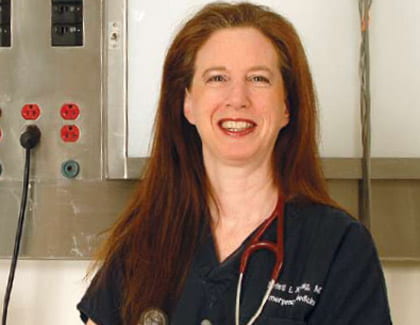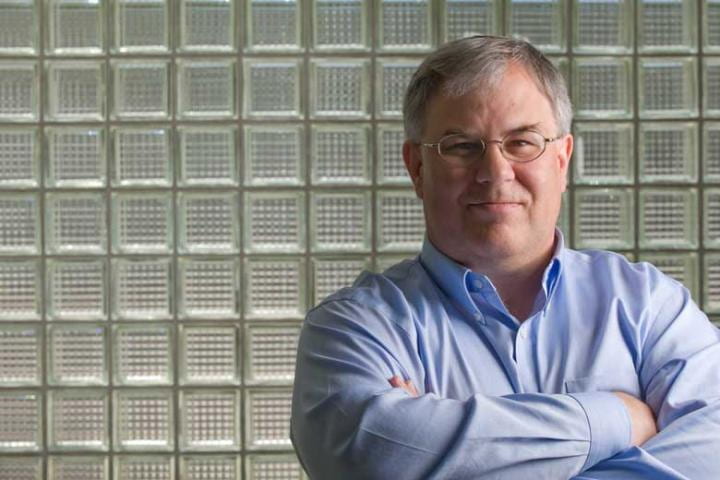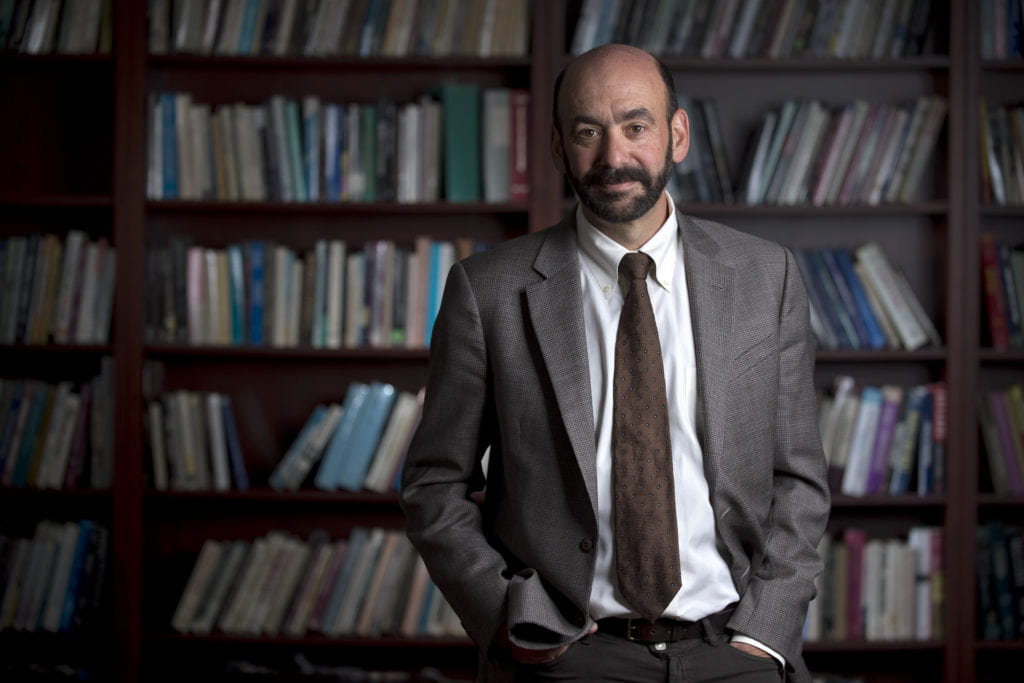Damsel of distress
Dr. Kristi Koenig travels the world preparing people for worst-case scenarios

Before 9/11, Dr. Kristi Koenig belonged to a tiny community of people who made a career in disaster preparedness. Then terrorists struck the World Trade Center, and suddenly Koenig and her colleagues were joined by a slew of disaster “experts,” all hitting the talk shows and often disseminating conflicting or bad information.
“We call them the 9/12ers,” Koenig jokes.
Koenig’s interest in emergency medicine began long before 9/11, when she was attending Mount Sinai School of Medicine in New York and regularly rode on paramedic ambulances through the streets of Harlem on Saturday nights. Today she travels the world, sharing her expertise in disaster medicine, public health preparedness, emergency management and emergency medical services. Because of her impact on the field, OC Metro named her one of 20 Women to Watch in its March 15 issue.
“Working in disaster medicine gives me the opportunity to develop local and global health policies that can positively affect the lives of many people,” Koenig says. As co-director of Emergency Medical Services and the Disaster Medical Sciences Fellowship at the UC Irvine School of Medicine, Koenig trains emergency physicians to ensure patient assessments will be quick, accurate and effective in times of crisis. She also serves on UCI’s Bioterrorism Committee to develop practical and realistic response plans in the event of a real or suspected bioterrorism attack.
Koenig has delivered more than 200 lectures in more than a dozen countries to help advance emergency medical care throughout the world. In February 2006, she traveled to Mumbai, India, to train doctors and emergency responders for the possibility of a terrorist attack. Five months later, Mumbai suffered a wave of train bombings, which killed more than 200 people and injured hundreds more.
“There was a sense of surrealism and shock. How can something like this happen when we were just there?” she says.
The mock terrorism drills and disaster training were the first of their kind in the region.
“It’s hard to measure the impact we had, but we were glad we went,” she says.
Koenig is currently working on her third book on disaster medicine, featuring input from experts from around the world. She hopes it will “lay an academic foundation for this new field” – and provide sound information to those pursuing careers in disaster preparedness in 9/11’s wake.

